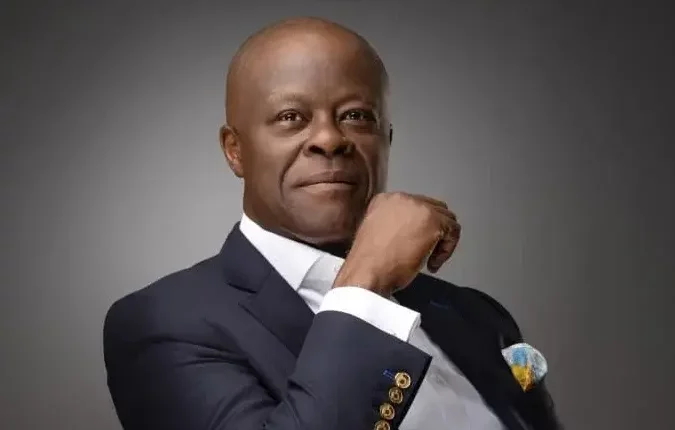Mr. Wale Edun who is Nigeria’s Minister of Finance and Coordinating Minister for the Economy has asserted that Nigeria could no longer rely on borrowing to fund its yearly national budgets.
Edun made this assertion when he appeared before the joint Senate Committee scrutinising the 2024-2026 Medium Term Expenditure Framework and Fiscal Strategy Paper led by Senator Sani Musa.
According to the minister, the nation must make the required sacrifices in order to raise enough money to pay down its large existing debt.
The Minister insisted that increasing spending on revenue-generating infrastructure was the best approach for Nigeria to finance its yearly budgets.
Additionally, he added that the advanced nations had raised interest rates in an effort to stabilise their economies by lowering the pace of inflation.
According to him, it would be exceedingly costly for a developing nation to obtain loans from foreigners.
Edun said, ‘Clearly the environment that we have now, internationally as well as nationally, we are in no position to rely on borrowing.
‘We have an existing borrowing profile. Our direction of tariff is to reduce the quantum of borrowing or intercepting deficit financing in the 2024 budget.
‘Simply put internationally there is a focus among rich countries on bringing down the inflation rate to stabilize the economies and give them the opportunity for investment growth.
‘They are in the process, sacrificing that immediate goal for compacting their economies, or at least contracting the money supplies and pushing up the interest rates and, of course high-interest rates and investments don’t go together.
‘What is left for us to access those funds are expensive, so, it is the last thing that we must rely on.
‘As we know, we have all the figures and debt servicing and cushioning 98 pe cent of government revenue.
‘The last thing you can think of is to pike on more debts. Government needs to not just maintain its activity; it needs to spend more. If you look at government spending, if you look at the budget as a percentage of GDP, ours is one of the lowest being 10%, even Ghana is at 25%, rich ones they are 50%.
‘The very rich countries have to be most advanced in terms of social safety nets and its social security systems at 70% of GDP. Government spending definitely will lead to increase.
‘The number one source of revenue especially in the short term, even in the medium term, is all revenue.’
He briefed the joint panel in company with the Executive Chairman, Federal Inland Revenue Service (FIRS), Mr. Zacch Adedeji, and the Director General of the Debt Management Office, Ms. Patience Oniha, before the lawmakers called for a closed session.
Earlier the Chairman of the joint panel scrutinising the MTEF-FSP, Senator Sani Muhammed Sani, expressed the fears that the revenue projections of the ministries, departments and agencies of the federal government that had so far appeared before his panel were a far cry to the what the Federal Government was proposing as income in the 2024 fiscal year.
He noted that going for external interventions would definitely be an option because it would further push the country to further deficit financing.
